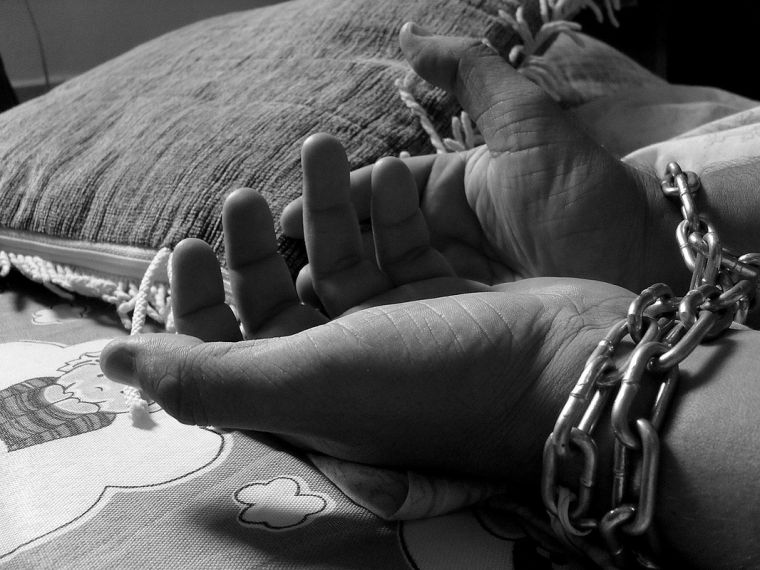Church seeks help for people being traded as slaves at sea

Most of us think that slavery is a thing of the past, especially since the Thirteenth Amendment was introduced to the United States Constitution in 1865 permanently banning involuntary servitude. Little do we know that other forms of slavery still exist.
One modern way that people are turned into slaves is through human trafficking, which often leads to slavery at sea. This transnational crime was the subject of a meeting organised in Rome by the United States Embassy to the Holy See, in cooperation with the U.S. Conference of Bishops.
The meeting is specifically meant to call the attention of the Church and the government to help prevent slavery at sea, which violates the dignity of labourers at all stages of the seafood supply chain and aquaculture industries.
One of the attendees, Kari Johnstone, Deputy Director of the U.S. State Department's Office to Monitor and Combat Trafficking in Persons, commended the Vatican's effort to bring attention to human trafficking, and to seek unity to combat it.
"It really takes a chorus of voices to try and combat this crime that seems to be growing and evolving," Johnstone told Vatican Radio.
"To be able to get ahead of it and stay ahead of it we need to work together which is one of the reasons we are so thrilled Pope Francis has brought his voice with such moral clarity to this issue that is indeed one of the most challenging of our time," she added.
Johnstone noted that even before the meeting, members of the Church community have been actively helping fight slavery at sea.
"They are in many places around the world, on the frontline, they are the service providers; they are often the first people trafficking victims have interaction with, they may be the ones who explain to them this is a crime ... and they provide critical services to trafficking victims in many places where there are no other people providing services to them," she said.











